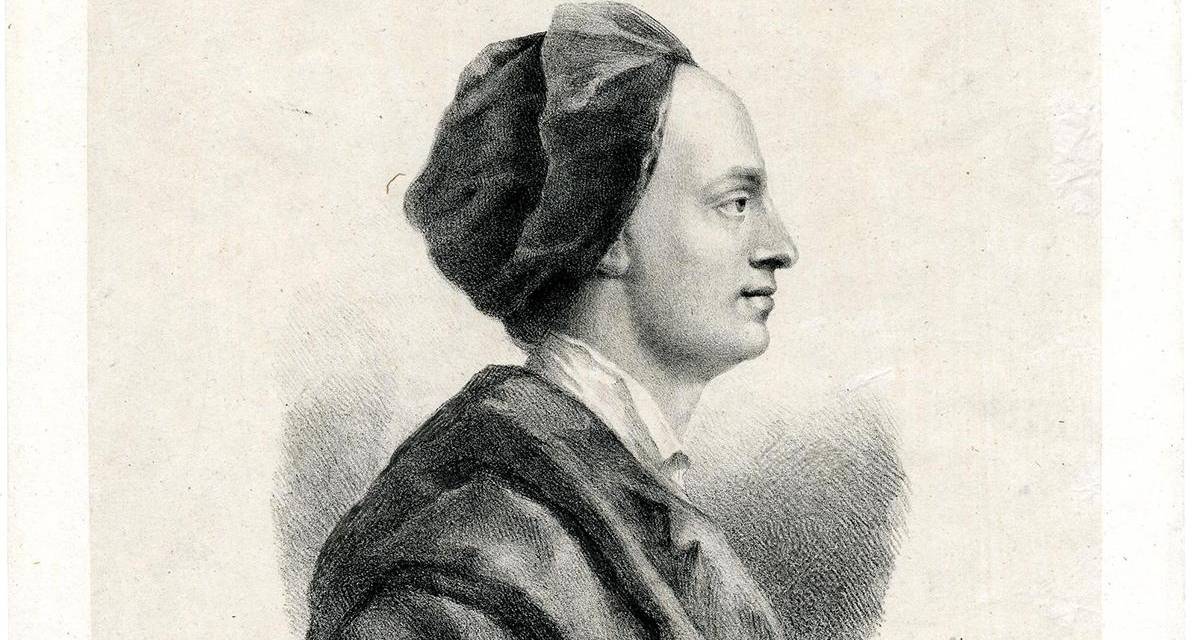Name: John Gay
Born: 30 June 1685
Died: 4 December 1732
Place of birth: Barnstaple, Devon
Known for: English poet and dramatist and member of the Scriblerus Club; best remembered for The Beggar’s Opera (1728).
Career
John Gay was a poet and playwright. Born into an aristocratic but impoverished family, after finishing school around 1702, he left his home town of Barnstaple, Devon, for London to apprentice to a silk mercer, or merchant.
He was released from his apprenticeship early in 1706 and after a brief return to Barnstaple was back in London by 1708. He turned his hand to journalism, particularly the periodical British Apollo, published by Aaron Hill, a friend of Gay’s. The same year, Gay anonymously published his first poem, ‘Wine’.
In 1712, he was appointed steward in the household of the Duchess of Monmouth, a position that lasted until 1714. This afforded him some financial stability and it was during this time he published many of his most important works, starting with the pastoral poem ‘Rural Sports’. Works from this period also include the play The Wife of Bath, the poem ‘The Fan’ and The Shepherd’s Week, a set of six pastorals.
Gay produced several notable works during his short life. The satirical plays What D’ye Call It and Three Hours After Marriage were written in 1715 and 1717 respectively, probably with help from Alexander Pope and John Arbuthnot; the latter production was thought to be grossly indecent and was a failure. Regarded as one of his finest works, ‘Trivia: Or, the Art of Walking the Streets of London’ was published in 1716, while in 1718 he provided the libretto to Handel’s Acis and Galatea.
But his biggest success, and the work he is best remembered for, was his 1728 ballad opera The Beggar’s Opera. The piece was staged on 28 January 1728 by John Rich at his Lincoln’s Inn Fields Theatre in London. It ran for a then-unprecedented 62 performances.
With music by German-born composer Johann Christoph Pepusch, The Beggar’s Opera is a satirical take on life among London’s pickpockets, prostitutes and highwaymen. It openly caricatured the Whig government of Sir Robert Walpole, and especially Walpole himself.
The opera was hugely successful, cementing Gay’s reputation and providing Rich in particular with a large amount of capital (which he used to found the then Theatre Royal in Covent Garden, better known today as the Royal Opera House).
Gay wrote a a follow-up opera in 1729. Polly, again with music composed by Pepusch, followed the fortunes of Polly Peachum, one of the main characters from The Beggar’s Opera, in the West Indies. The opera was banned by the Lord Chamberlain, possibly at the behest of Robert Walpole. It wasn’t staged until 1777, more than 40 years after Gay’s death.
Personal life
John Gay was born in the Devon town of Barnstable on 30 June 1685 to William and Katherine Hanmer Gay. At the time Barnstaple was an important English port and Gay’s family was aristocratic but impoverished.
He was orphaned at 10 and went to live with his uncle, Thomas Gay. He was educated locally at a free grammar school, but the family didn’t have sufficient money to send Gay to university. Instead he went to London to work.
Gay’s association with Aaron Hill gave him access to several literary giants of the day and he was friends with Alexander Pope, Jonathan Swift and John Arbuthnot. Together with these and other writers, Gay was a member of the Scribleris Club, a group whose chief aim was to ridicule pedantry and pretentious writing.
Plagued by ill health throughout his life, John Gay died on 4 December 1732, when he was just 47. He is buried in Poets’ Corner in London’s Westminster Abbey. Pope wrote the epitaph for his good friend’s tomb, which is followed by Gay’s own words: Life is a jest, and all things show it/ I thought so once, but now I know it.
Did you know?
The Beggar’s Opera was the inspiration for Bertolt Brecht and Kurt Weill’s The Threepenny Opera, one of the most important pieces in 20th-century musical theatre.
Best-known works
The poem ‘Trivia: Or, the Art of Walking the Streets of London’ is one of Gay’s finest works, but The Beggar’s Opera is the work he is remembered for. The opera is still performed today and there have been several adaptations, including a 1953 film starring Laurence Olivier as Captain Macheath.
Image
Seventeenth century poet and playwright John Gay in a print by Maxim Gauci (via Wikimedia Commons).

